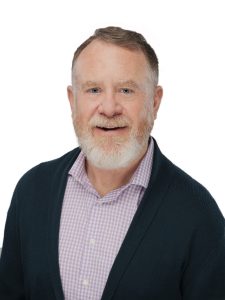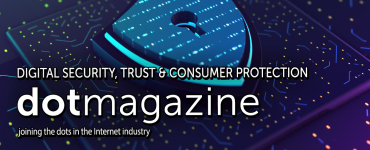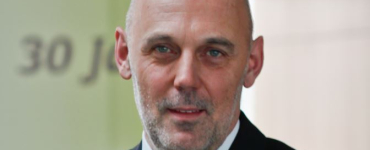eco & i2Coalition invite you to frame the future of transatlantic data flows and privacy. David Snead, Co-Founder i2Coalition, answers three questions about the upcoming Transatlantic Dialogue on 6 December 2022.
David, from your perspective, why is the Transatlantic Dialogue on December 6 so important?
The US and the EU have very different regulatory regimes related to privacy. Because so much information is exchanged between the two trading blocks, it’s extremely important to continue to discuss and have a frank and open dialogue about how those regimes interact. This is particularly important given Executive Order 14086 that attempts to address the issues raised by the Court of Justice of the European Union (ECJ) in Schrems II, and a push by US businesses for a federal privacy law. Another aspect of the Transatlantic Dialogue that I find important is raising awareness of cultural issues that underlie many of the assumptions that are made about privacy in general. Most laws are simply a reflection of cultural preferences. These dialogues provide an opportunity for greater understanding of why our governments have made the choices they have, and what areas there may be for cooperation.
What are your expectations for the talks?
I expect a frank, passionate discussion about where privacy legislation and regulations are headed in the US and EU. In particular, given the focus of the recent Executive Order, I anticipate a discussion about government surveillance, and whether proposed changes in the Executive Order are sufficient. I look forward to hearing from participants about their views of how the US legislative process impacts their ability to do business in the US, and how we might all work to meet privacy expectations on both sides of the Atlantic.
What’s the next step?
I would like to see some concrete takeaways from the dialogue that I can implement in my advocacy in the US. I also expect these dialogues to continue and help members of both the i2coalition and the eco Association to better align their businesses with future developments in privacy regulation.
David, thank you for the interview.
Registration for Transatlantic Dialogue on December 6, starting at 8:00 AM CET




